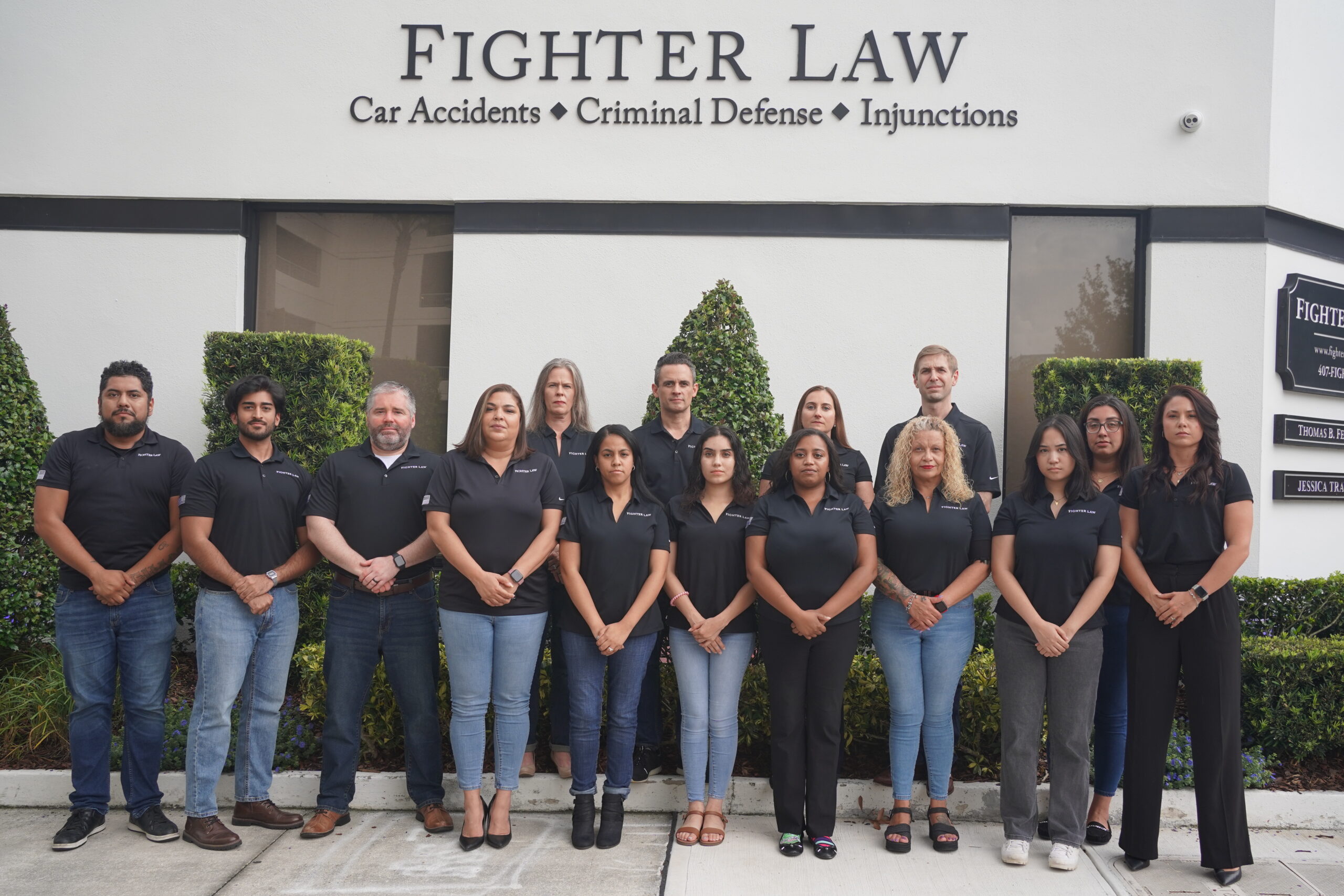How to Fight a Restraining Order in Florida | Respondent’s Legal Guide
How to Fight a Restraining Order in Florida
Wondering how to fight a restraining order in Florida? If you’ve been served with an injunction, you’re the “respondent.” Being a respondent can be overwhelming—but you don’t have to face it alone. This guide explains what to expect, how to defend yourself, and why experienced legal help makes all the difference.
What Happens When You’re Served With a Restraining Order in Florida?
In Florida, a restraining order—also known as an injunction—is a court order that may restrict where you can go, who you can contact, and even whether you can possess firearms. These are serious civil court actions that can carry significant consequences. If violated, they may lead to criminal charges.
What Is a Temporary Restraining Order (Temporary Injunction)?
A temporary restraining order, also called a temporary injunction, is often issued ex parte, meaning the judge makes a decision based solely on the petitioner’s sworn affidavit—without your input or presence in court. It can go into effect immediately and may require you to stay away from the petitioner, leave your residence, or temporarily lose contact with your children or access to firearms.
Even though it’s temporary, it carries the full force of law. You must obey all its terms until the court holds a final hearing—usually within 15 days. Violating a temporary injunction can result in your arrest and criminal prosecution.
To learn more, visit our detailed FAQ: What is a temporary injunction?
Types of Restraining Orders You Can Fight in Florida
Florida courts issue different types of injunctions depending on the situation. You may be facing one of the following:
- Domestic Violence Injunction
- Dating Violence Injunction
- Repeat Violence Injunction
- Sexual Violence Injunction
- Stalking Injunction (including cyberstalking)
What To Do If You’ve Been Served with a Restraining Order
- Read the paperwork carefully – it outlines what you’re prohibited from doing.
- Comply immediately – especially with all terms of a temporary injunction.
- Mark your hearing date – this is your chance to defend yourself before a final injunction is entered.
- Gather evidence – including text messages, call records, social media posts, and witness testimony.
- Call an attorney – the earlier you start building your defense, the better your chances.
How to Fight a Restraining Order in Florida
- False accusations – prove inconsistencies or ulterior motives.
- Lack of evidence – challenge vague or unsupported claims.
- No threat of imminent danger – the petitioner must prove an ongoing risk.
- Procedural errors – such as improper service or jurisdictional issues.
- Violation of rights – you are entitled to due process and a fair hearing.
What Are the Consequences of a Final or Temporary Injunction?
- Arrest – even accidental violations can lead to criminal charges.
- Firearm restrictions – both temporary and final injunctions can require you to surrender firearms.
- Employment issues – affecting security clearance, professional licensing, or background checks.
- Child custody impact – especially in cases involving shared parenting or family law proceedings.
Why You Need a Lawyer to Fight a Restraining Order in Florida
Whether you’ve been served with a temporary or final injunction, hiring a lawyer can make all the difference. Our team at Fighter Law will:
- Help you understand your rights and obligations
- Build a strategic defense based on your specific situation
- Prepare you for the final hearing and represent you in court
- Fight for your rights and work to dismiss or modify the injunction
Get Help Fighting a Restraining Order in Florida
At Fighter Law, we help people fight false or unfair restraining orders every day. If you’ve been served with a temporary or permanent injunction, don’t wait—get experienced legal help now.
Schedule a free consultation with an Orlando injunction attorney today.
Frequently Asked Questions
Can a temporary restraining order be lifted before the hearing?
It is possible, but rare. You’ll need to file a motion and show the judge there is no legal basis for the temporary order to remain in place.
What happens at the final injunction hearing?
Each side presents evidence and witnesses. The judge decides whether to issue, modify, or dismiss the injunction.
What if I accidentally violate a temporary injunction?
Even accidental contact or proximity can result in arrest. Understanding the exact restrictions is critical.
- Restraining Orders Overview
- Criminal Defense
- About Fighter Law
- Family Law
- What is a Temporary Injunction?
free case evaluation
Fill out the form below for an free evaluation of your case.





Practice Areas
Learn more about our services in Criminal Defense, Personal Injury, and Injunctions.

We Fight for Outstanding Case Results
We are driven to get you results. Review the outcomes on recent cases we've handled.




